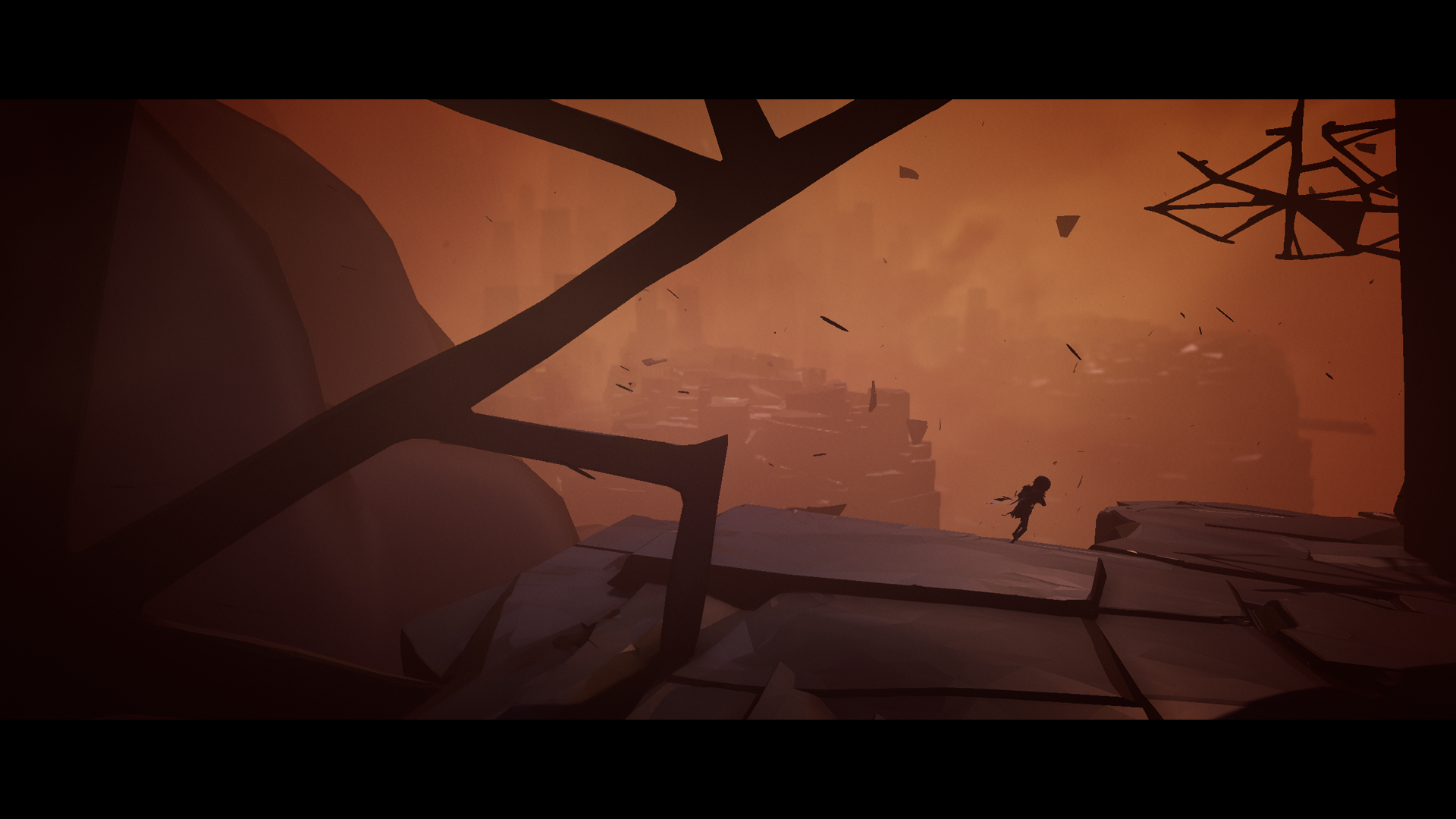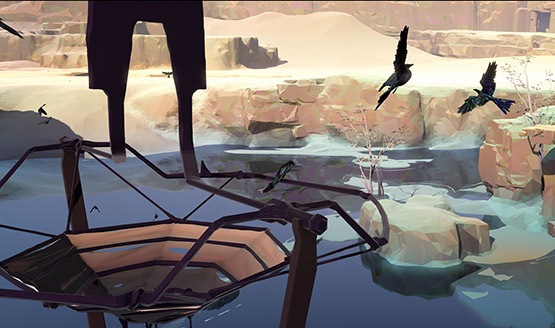When it comes to games like Vane, knowing what you’re getting into beforehand is both a blessing and a curse. This is a game you can finish in a couple of hours, but that’s provided you figure everything out right away as you move through its abstract story. If you take a wrong turn, get distracted by your surroundings, or things simply don’t click right away, it could be a much more ponderous experience. Either way, Vane is a rare title that trusts your instincts, and almost never tells you what to do. It’s up to how you react to your surroundings, and of course there’s some light puzzle-solving as well. It’s hard to speak of Vane with authority, because so much of it is unraveling what happens in front of you, and interpreting it for yourself. This is not a straightforward story, nor is it your typical indie puzzle-platformer.
Flying Solo
Vane begins with an ominous tone that bookends the experience in surprising ways. You control a nondescript person in the middle of a cataclysmic disaster, clutching a mysterious object. A dreadful pretense towers over you and denies entry into what seems like a shelter, moments before everything goes dark. When Vane truly starts, you now control a crow in what seems like a vast, post-apocalyptic desert. There is of course much more to discover, but it’s at the point the “gameplay” kicks in.
Vane doesn’t really have a central concept or mechanic that drives its play loop. At least, not one that it wholly focuses on in a traditional sense. You fly around as the crow, and you can perch on certain objects. There’s also a button to “speak.” It’s entirely up to you to figure out what to do. There are hardly any button prompts beyond the bare minimum, there’s no HUD, and only the slightest bit of a hint for only one piece of a larger puzzle.
In solving that puzzle, you begin to unearth the reality of the world you exist in. What that reality means, however, is again entirely up to you to decipher. There are hints in, funnily enough, the trophy titles, but that’s all you see of any authorial force outside of what you experience firsthand. Eventually, you discover the ability to transform back into the human-like form of the very beginning, and the game briefly resembles more of a familiar-feeling puzzle-solving space. For a time, anyway. The puzzles are brief and almost simple, but again rely on that sense of instinct and discovery over tells and hints. There were parts I struggled with a little, and parts that came so naturally I almost didn’t think as I was progressing. I imagine that perspective will vary quite a lot between players.
It’s All Up to You
Eventually the puzzle-heavy section changes form once again, and the game begins to lean more heavily on its atmosphere, on the story it’s telling, and an ominous, synth-heavy soundtrack that thumps with intense purpose. It is at this point where, not only does Vane really hit that “flow” state of narrative absorbency, but many of its little technical issues also fade away as the more “video game-y” sections ride off into the sunset. A patch addressed some of the performance issues and obvious glitches I experience during my initial playthrough of Vane, but it does include a few pain points worth mentioning.
A big part of Vane is flying around as a crow, and the onus is on the player to scan their surroundings for points of interest, explore, and occasionally make careful movements. Sometimes, Vane feels like a fight against the mechanics when it comes to navigating these portions. Gliding across wide open spaces looks and feels fine, but making turns or trying to make sharp, deliberate movements often ripped me right out of the experience. Sometimes the camera can’t keep up, other times I’m trying to land the crow on a perch point, while the crow wants to make large, sweeping movements in any direction but the thin bar I’m trying to touch. Beyond the occasional tussle with the flight controls and camera, Vane generally works as intended, although the game is never host to platforming or speed challenges (save for one trophy). Everything generally makes tangible sense, going back to that concept of instinct again.
There’s only so much to say about Vane, an exploratory experience one can get through in a single sitting, without veering into spoiler territory. Vane is a game that feels like it wears its thematic elements on its sleeve, all without a single spoken or written word. Those themes include “instinct” and “exploration” at the ground level, and from there are likely up to how the individual player perceives the story as it develops. In its refusal to hold your hand or even guide you a little, Vane feels like it stands out among its peers as a vehicle to deliver narrative agency for players, not because they have a list of choices to sift through, but because they are presented with an environment and scenario that is so freely open to interpretation. With Vane, you get out what you put in, and while you may not come back to it multiple times, that first one is a doozy.
Vane review code provided by publisher. Version 1.02 reviewed on a Standard PS4. For more information on scoring please see our Review Policy here.
-
Abstract storytelling that leaves a lot to personal interpretation
-
Designed for a player's instincts and sense of direction
-
Intriguing world full of thoughtful imagery
-
Dope soundtrack
-
Camera and control precision in crow form can be finicky
-
Some performance issues and glitches (many addressed in day one patch)
Vane Review January 2019
-
Vane Review January 2019 #1
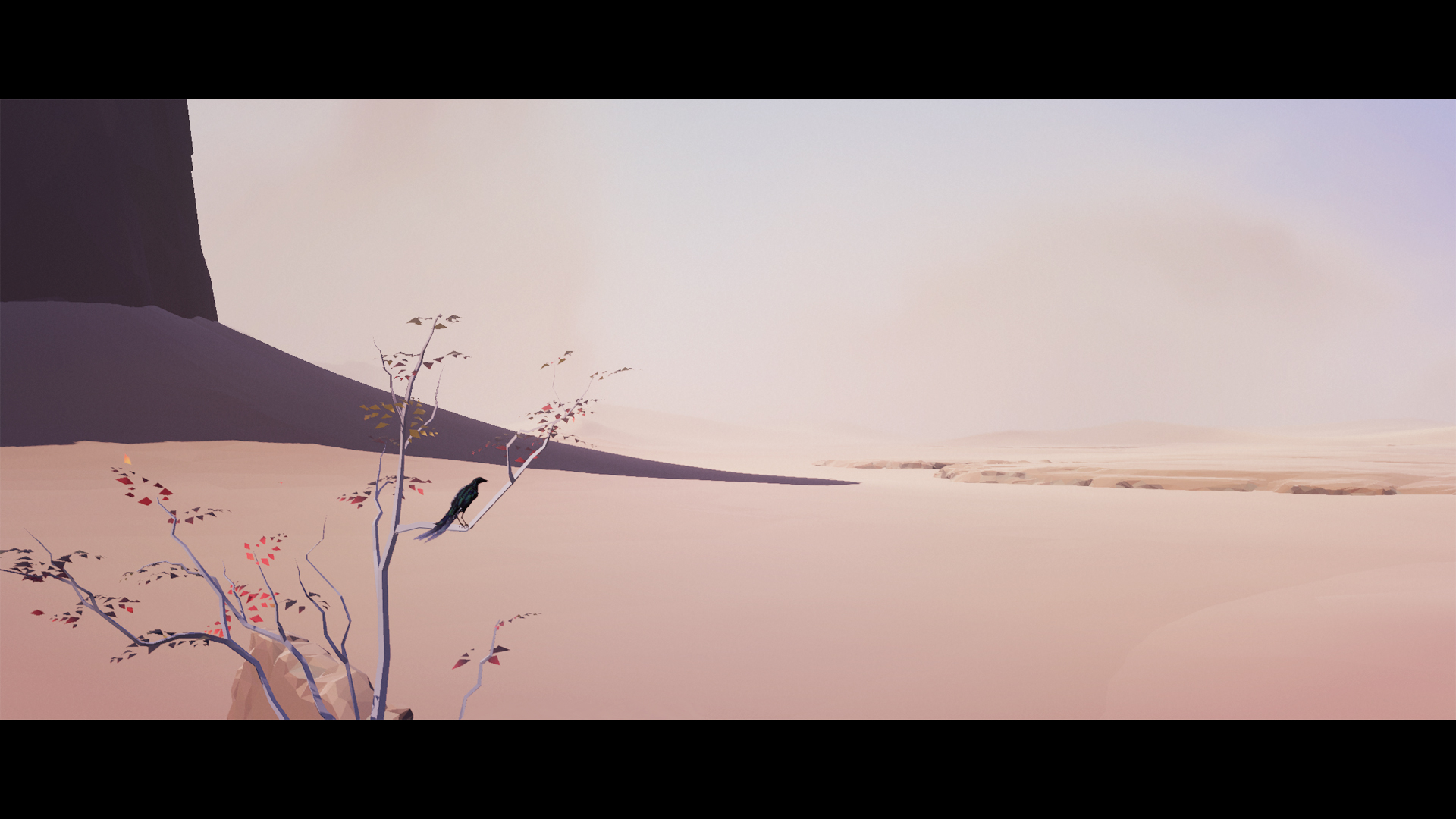
-
Vane Review January 2019 #2
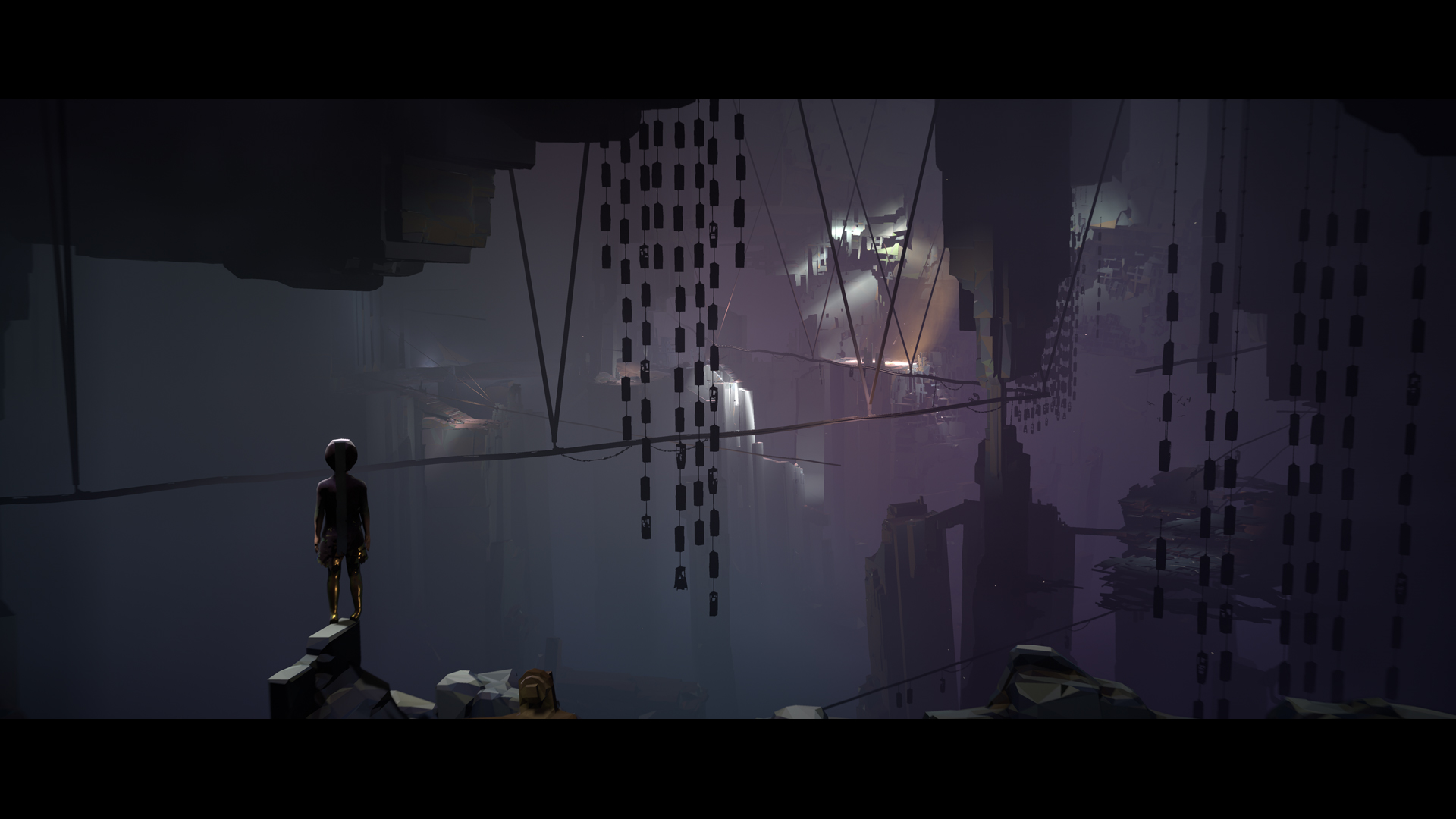
-
Vane Review January 2019 #3
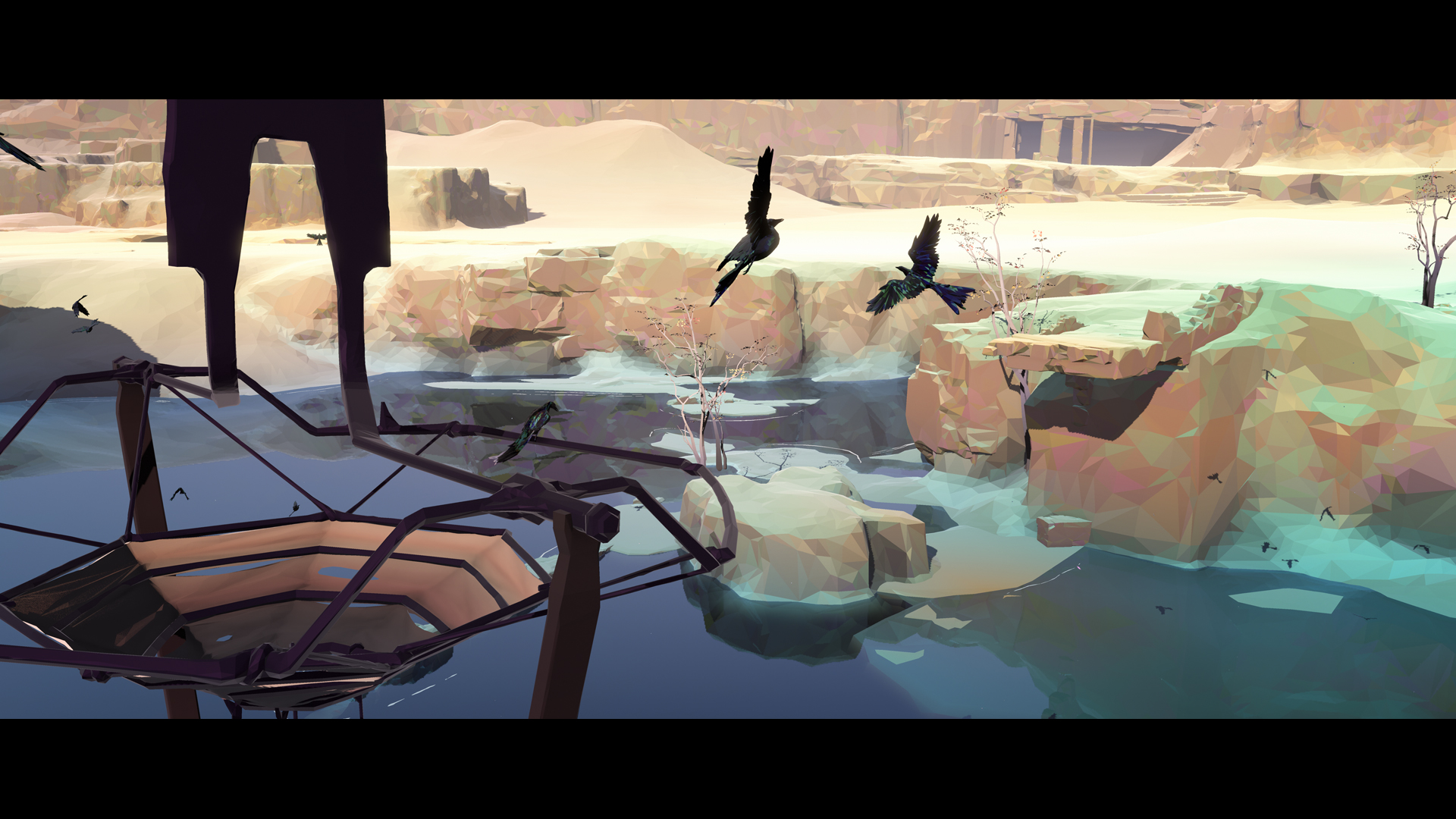
-
Vane Review January 2019 #4
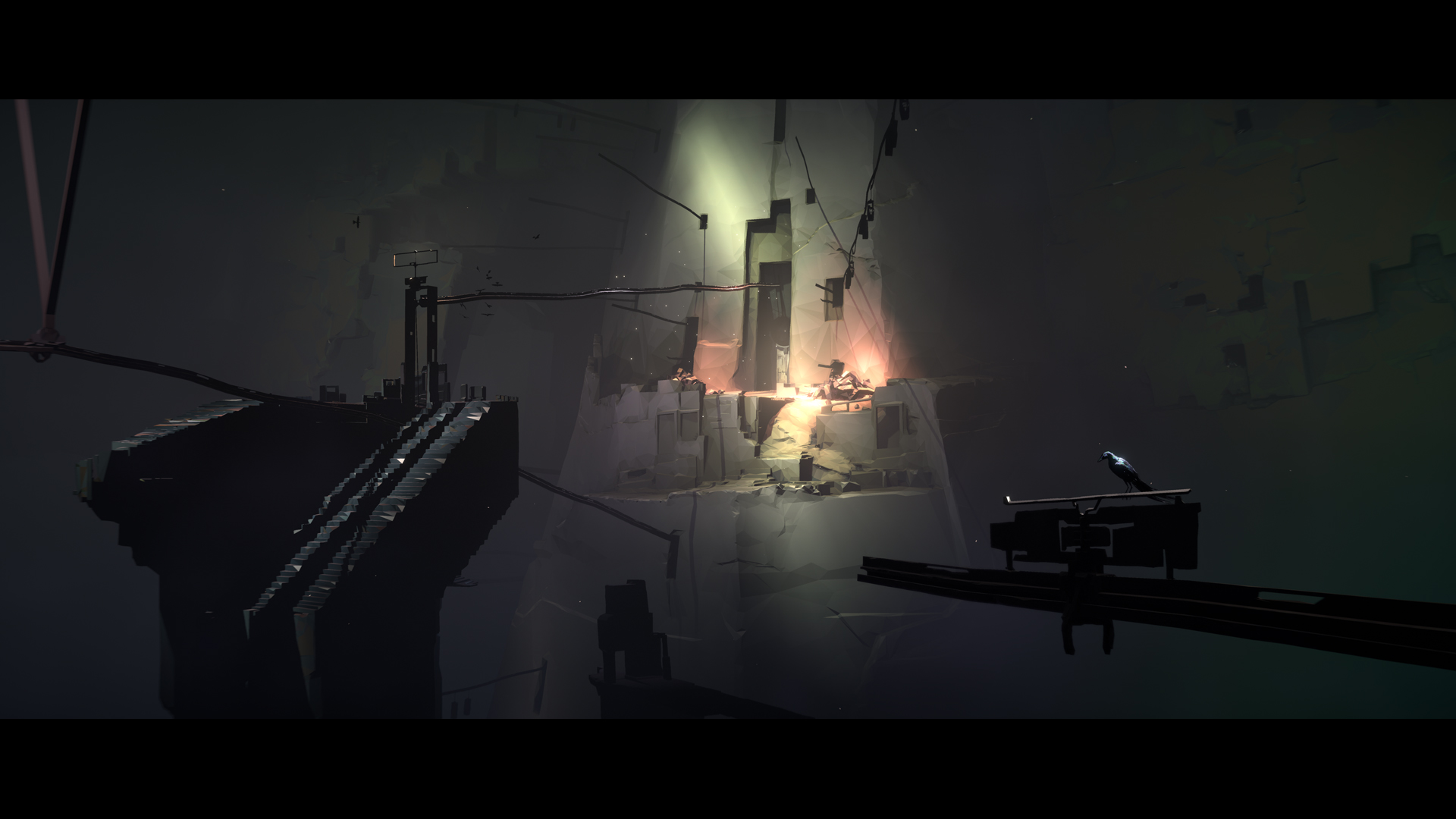
-
Vane Review January 2019 #5
